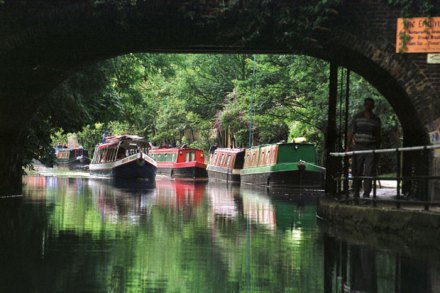Chaplin & Company, by Mave Fellowes – review
The unlikely heroine of Mave Fellowes’s Chaplin & Company (Cape, £16.99) is a highly-strung, posh-speaking, buttoned-up 18-year-old with the unhelpful name Odeline Milk. Utterly friendless, she dislikes both humans and animals, but she has one huge, far-reaching private passion. She wants to be a mime artist — like the great Marcel Marceau. To launch her








